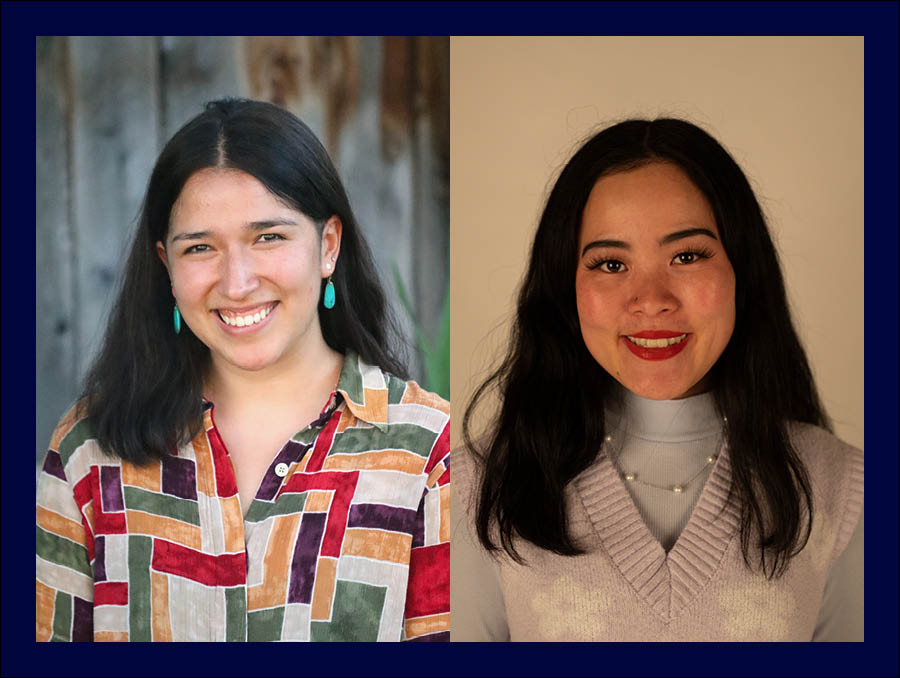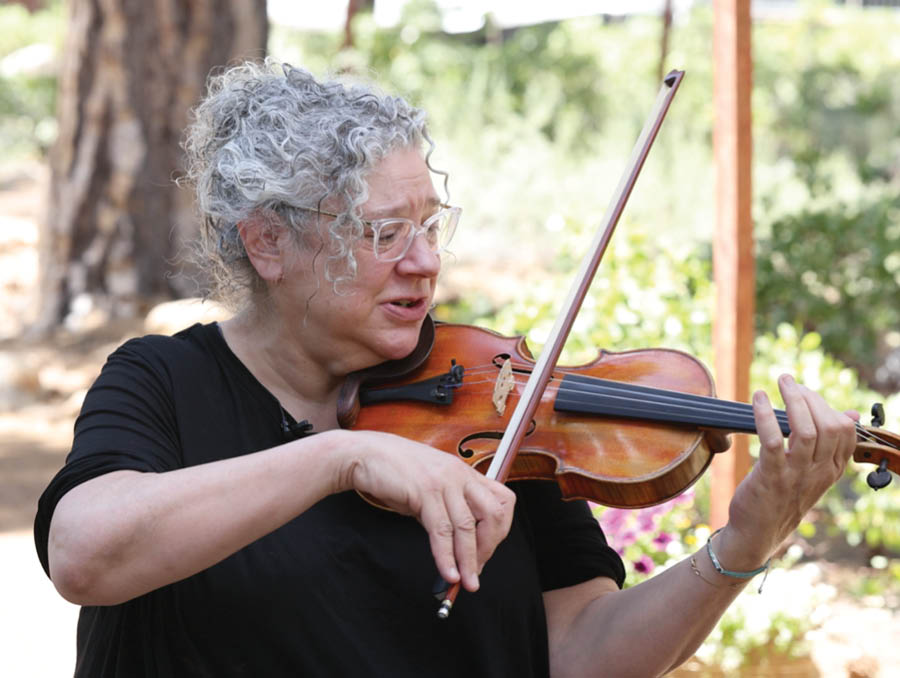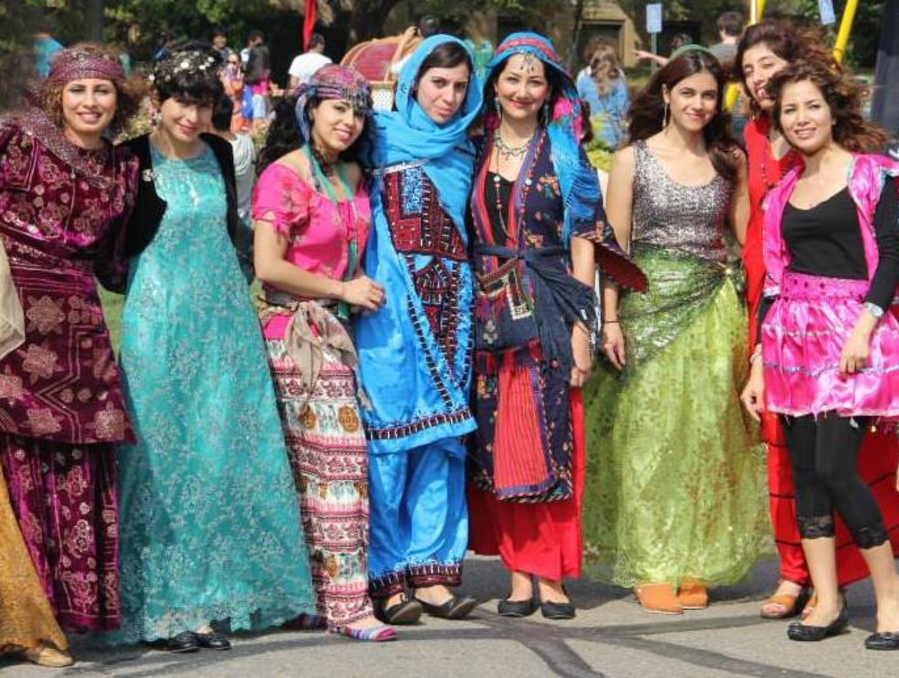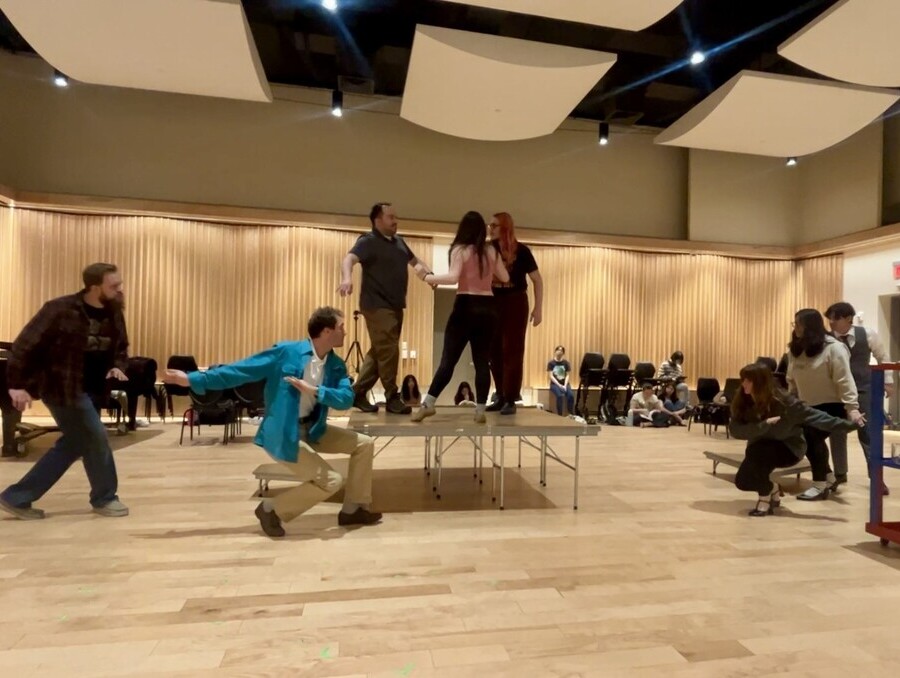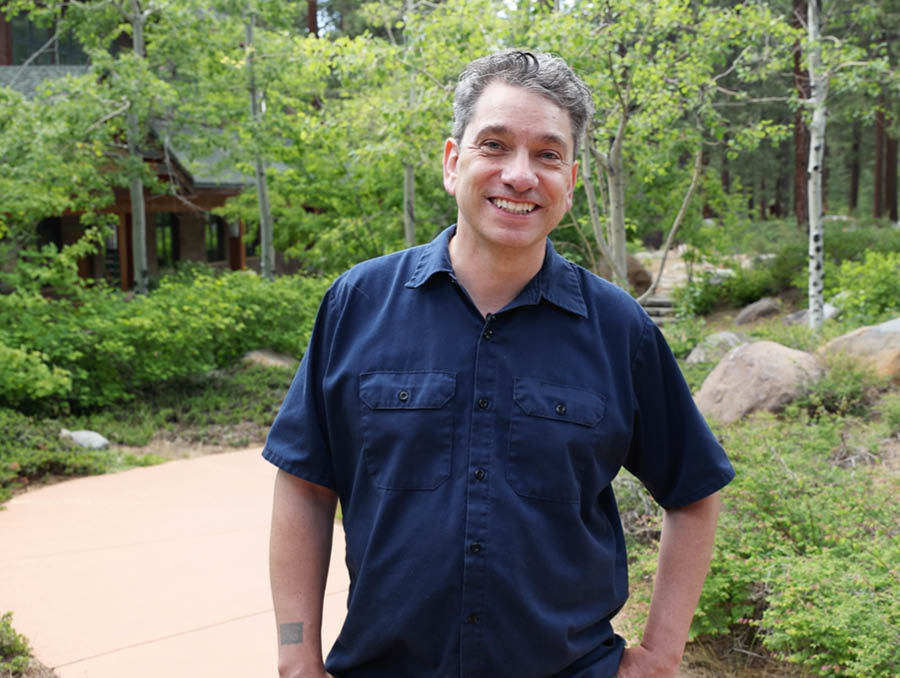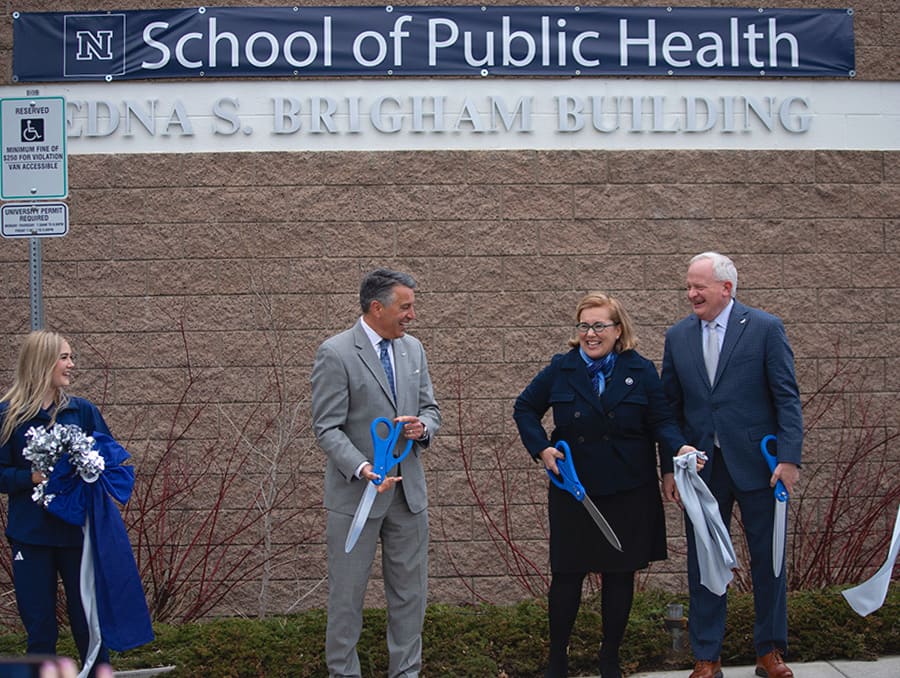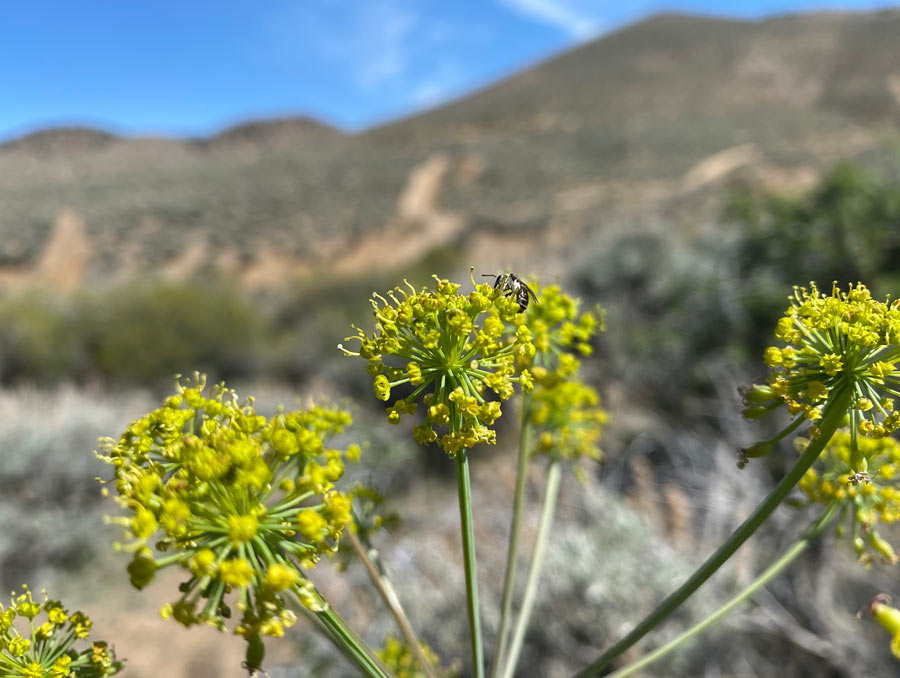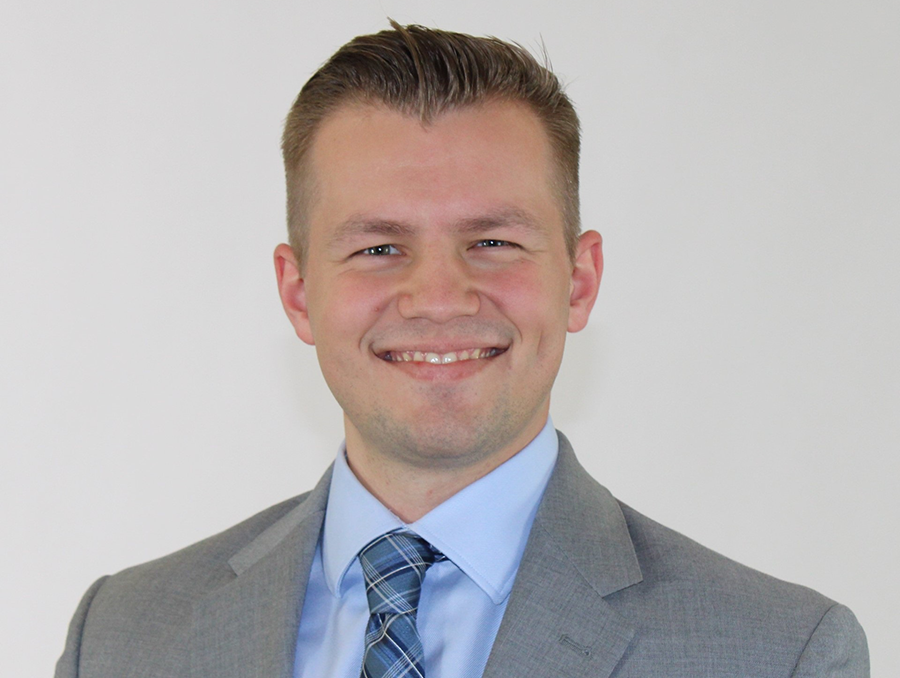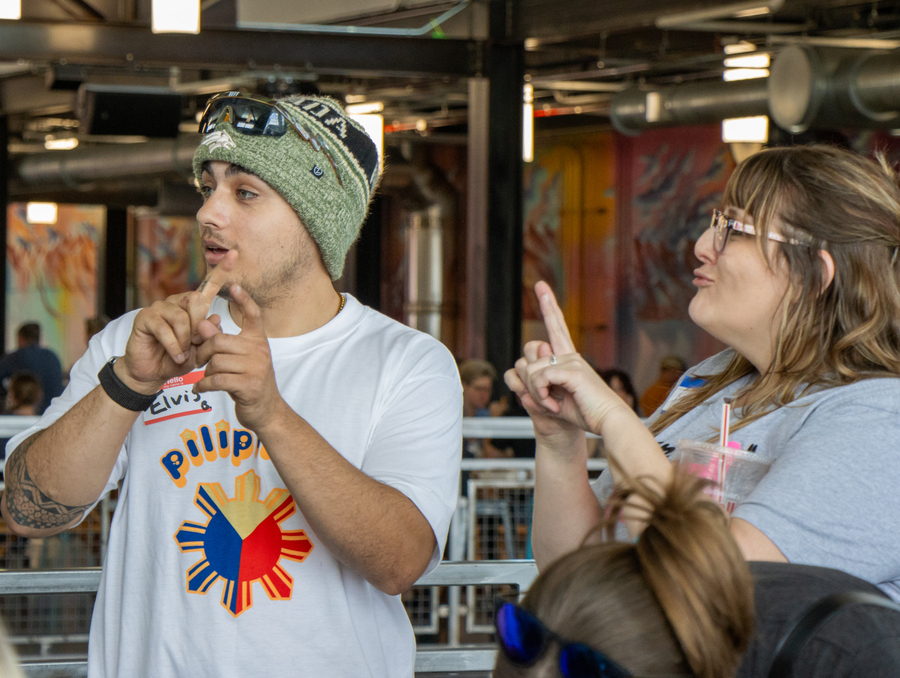Two undergraduate students, Kira Ewoldt and Alejandra Griswold, within the College of Liberal Arts at the University of Nevada, Reno, have been selected to present their research at the 2023 Writing Across Borders Conference (WRAB) in Trondheim, Norway, in February 2023.
Ewoldt is a fourth-year student majoring in English literature and minoring in Chinese, and Griswold is a fifth-year student dual majoring in Spanish and geography.
They will present their research on the human-elephant-conflict in Sri Lanka as part of a panel titled “Writing Methodology as Methods for Writing: A Discussion on the Translation of Communication Practices of Elephants into Disciplinary Texts.” The panel will discuss the development of curriculum to study natural resource management with an emphasis on interdisciplinary proposal writing.
“My research examines how educational materials address the human-elephant-conflict (HEC) within rural Sri Lankan communities, specifically amongst youth populations,” Ewoldt said. “I will conduct onsite, secondary research and analyze the collected materials through an asset-based community development (ABCD) framework to acknowledge existing community involvement and amplify the significance of youth involvement in HEC mitigation efforts across elephant-range countries.”
“I'm interested in how humans interact with spaces and places, and the Sri-Lankan HEC research opportunity has provided me with a chance to be able to immerse myself into a culture I am unfamiliar with and do my best to understand the culture around conflict,” Griswold said. “For this particular project, I am focusing on gathering human perceptions of elephants to gain a deeper understanding of the human-elephant-relationship with the purpose of aiding those working towards solutions for the HEC and environmental conservation.”
Ewoldt’s experience as a writing consultant at the University Writing and Speaking Center and Griswold’s work in both the sciences and humanities enable each of them to offer an informed insight from a student-researcher perspective.
“Although there is a need for holistic, long-term solutions to mitigate HEC, youth and their involvement are often left out of discussion in scholarly work,” Ewoldt said. “Long-term solutions are ineffective if future generations are not participating. The ABCD framework is essential when conducting research in another country because it recognizes the existing strengths found in a community rather than imposing westernized expectations towards solutions.”
“This research is important to me as I am able to contribute to some meaningful conversations and discourse regarding conservation and human/non-human relationships,” Griswold said. “More personally, this research process has been so important in building my own self-confidence with long-term goals and ambitions. It hasn't been easy, but the rewards for the hard work have been numerous.”
Additionally, both Ewoldt and Griswold say that they want to inspire other students in liberal arts to pursue research despite general assumptions they may have of what they can or cannot do in their disciplines.
This presentation was developed by students in the initial cohort of the National Science Foundation International Research Experiences for Students and funded by the UNR Sri Lanka Elephant Conservation Consortium. As part of the project, both Ewoldt and Griswold developed their own research projects with their mentors, Anushka Peres, assistant professor of English, and Tanya Kelley, director for Undergraduate Research. Additionally, they each received Nevada Undergraduate Research Awards and will be presenting on their experience as a student and a researcher at WRAB, the Wolf Pack Discoveries Symposium and the University’s International Education Week.
